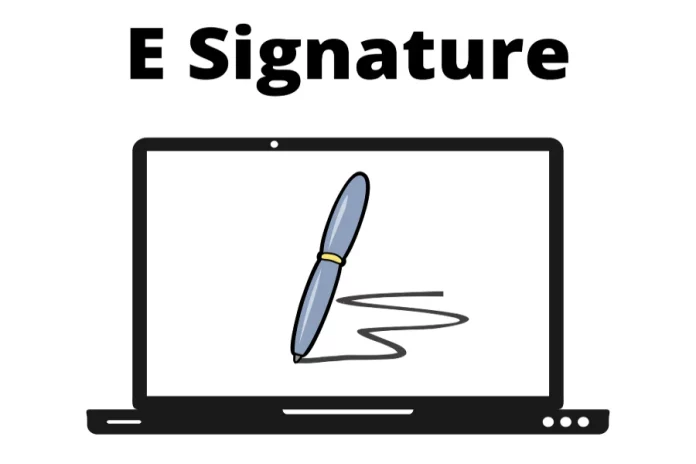Nowadays, electronic signatures (e-signatures) are prevalently used in banks across the globe due to their many benefits. Their primary purpose is to protect clients from fraudulent activities or from breaches in security. In addition to this, they also provide an increase in productivity by reducing time wastage and costs associated with paperwork and processing.
If you are interested in knowing more about e-signatures, here are six reasons why they are advantageous to banks and their customers alike.
1. They Ensure Transparency
Banks can increase transparency in their operations by using electronic signatures from a service provider like jSign.com to exchange information between parties involved in transactions. This way, both parties can track the progress of their transactions conveniently instead of waiting for document delivery. Moreover, if a dispute arises between the parties, clients can easily access the relevant records that they have electronically signed through an online account or an application programming interface (API) from the financial institution.
2. They Boost Security
E-signatures are a vital digital transformation tool for keeping your financial information secure. Documents that must be signed in person run the risk of being forged or altered without anyone ever knowing. By implementing e-signatures, you can protect against these attacks by requiring authentication from multiple sources before authorizing the transactions.
For instance, banks can require customers to verify their identity with a fingerprint scan or facial recognition before allowing them to sign documents. These biometrics are used to confirm if your signature matches the one already stored in their database. This process ensures that only you can authorize transactions in your name, preventing fraudulent activity and protecting your assets.
More advanced e-signatures utilize an encryption framework called Public Key Infrastructure (PKI). By issuing digital certificates, users are given authentic digital identities and secure end-to-end encryption. You can use your private key to sign documents sent by your bank, and they can verify whether the signature is valid and authentic using their public key. This ensures that neither party is compromised by hackers or malicious actors trying to gain access to sensitive data.
3. They Diminish Paperwork Costs
E-signatures eliminate the need for paper documents by transferring them to a virtual space, which reduces physical storage requirements and eliminates printing costs associated with paper documents. They also eliminate postage costs as documents are sent electronically rather than via postal mail.
Because e-signatures are legally binding in most countries worldwide, they’re a highly secure method of signing business contracts, personal loans, or mortgages. For instance, instead of mailing mortgage paperwork to borrowers and waiting for them to sign it, lenders can allow borrowers to sign the documents electronically and send them back in one fell swoop. This saves everyone time and money.
4. They Minimize Transaction Time
Another advantage of e-signatures is that they minimize transaction time. This is especially true regarding large businesses with complicated transactions and multiple parties involved. In these situations, paperwork can take weeks or months to process—and, even then, there may be mistakes or delays along the way. E-signatures eliminate this problem by speeding up the process, so everything gets done quickly and accurately.
5. They Increase Marketability
Banks that use e-signatures have shorter turnaround times for processing documents—both for loan applications and mortgages—which can save time and money for the bank and its customers. The ability to quickly process loans makes it easier for banks to compete with other financial institutions in their market and gives them a competitive advantage over those that do not offer e-signatures on their websites.
With e-signatures, the signing process is automated. Once a document is uploaded, it can be reviewed by the bank to ensure accuracy before being sent electronically to the signatory for approval. This eliminates errors that might occur when documents are faxed or mailed back and forth between parties involved in a transaction. Also,this reduces the number of steps required for loan applications and helps streamline your business processes.
Banks can gain a competitive advantage over their competitors by embracing e-signatures. With digital signatures, banks can easily prove their credibility in the eyes of their customers. This will help them attract customers who want to work with a trustworthy bank or payment service provider (PSP).
Takeaway
In the end, advances in e-signature technology have opened up a host of opportunities for banks and other financial service providers. With higher security and efficiency in transactions, banks are able to streamline their documentation processes and establish a cost-effective option that can be accessed from anywhere at any time.












